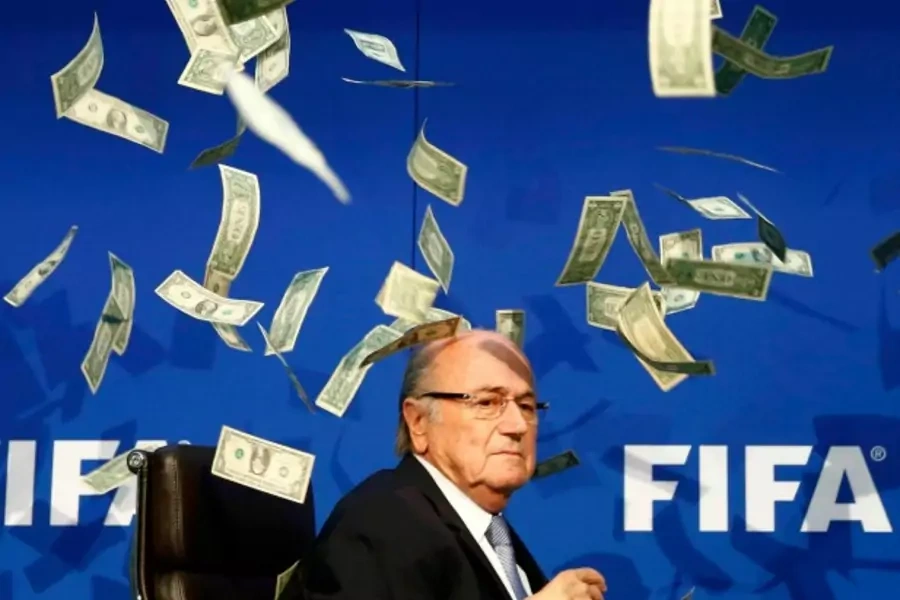This Week in Markets and Democracy: FIFA Investigations, Corruption in Romania and the Maldives, New South Sudan Report

More on:
FIFA Investigates Its Own Corruption
A year after the United States and Switzerland went after top FIFA officials on fraud, money laundering, and racketeering charges tied to a $150 million corruption scheme, soccer’s international governing body is taking actions itself. The federation fined former vice president Jeffrey Webb $1 million for accepting bribes and banned him for life from the sport. It also opened an investigation on former President Sepp Blatter and two top associates for bribery, corruption, and conflicts of interest, including adding several illegal provisions to their contracts—boosting their combined salaries to over $80 million, and guaranteeing them eight years of pay even if fired for just cause. FIFA’s new dynamism may begin to restore its tarnished reputation, and the information it uncovers could help U.S. and Swiss prosecutors with their own ongoing criminal cases.
Romania Steps Up Anticorruption Efforts, the Maldives Falls Back
Romania’s and the Maldives’ paths are diverging in the fight against corruption. Last week, Romanian prosecutors showed their independence and resolve by charging former Prime Minister Victor Ponta with abuse of office for influence peddling, for nominating a media mogul to parliament in exchange for financing Tony Blair’s 2012 visit. (Ponta resigned last year amid protests over a separate corruption case.) Ponta’s problems follow the interior minister’s resignation over a pending investigation into alleged embezzlement and abuse of power. In contrast, Maldivian President Abdulla Yameen responded to an Al Jazeera documentary exposing his role in a $1.5 billion money laundering scheme by raiding the offices of a local newspaper and human rights NGO. With a cowed judiciary and a stifled press, it is unlikely the increasingly repressive president will face an investigation any time soon.
Corruption Fuels Conflict in South Sudan
A new report from advocacy organization The Sentry documents how South Sudan’s leaders have looted the country throughout three years of brutal conflict that has displaced 2.5 million and left even more destitute. President Salva Kiir and former Vice President Riek Machar have stoked ethnic fighting and killings while making millions from illegal stakes in oil, mining, telecoms, construction, and defense companies. With the ill-gotten proceeds, their families and cronies purchased luxury cars, flew in private jets, and bought lavish properties in Australia, Ethiopia, Kenya, and Uganda. The United States—South Sudan’s largest donor—can help hold these leaders accountable by imposing sanctions, cracking down on money laundering, and helping to seize and return assets.
More on:
 Online Store
Online Store